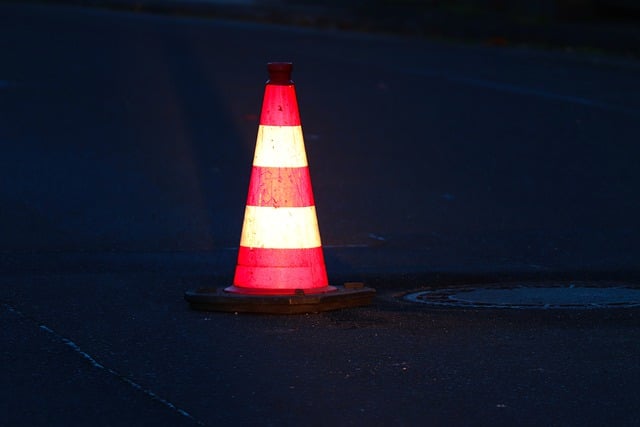Traffic cones are a ubiquitous sight on roads across the UK, playing a crucial role in traffic management and safety. From guiding vehicles through construction zones to delineating restricted areas, these simple yet effective tools are indispensable. But how many traffic cones are actually produced in the UK each year, and what goes into their production? This article delves into the fascinating world of traffic cone manufacturing in the UK.
Annual Production Volume
Every year, approximately two million traffic cones are produced and utilized on UK roads. This substantial number underscores the importance of these tools in maintaining road safety and order. The domestic production of traffic cones ensures they meet the rigorous standards set by UK traffic safety regulations, providing reliability and durability in various conditions (Street Solutions UK) (Safe Industrial) (Speed Ramps UK).
Manufacturing Process and Materials
The manufacturing of traffic cones in the UK involves the use of durable materials such as thermoplastic and rubber. These materials are chosen for their resilience and ability to withstand impacts without getting damaged. Early versions of traffic cones were made from concrete, but modern cones are designed to be lightweight yet sturdy, capable of withstanding harsh weather conditions and repeated use.
One of the key manufacturers, Speed Ramps UK, highlights that their traffic cones are heavy-duty and designed to comply with all necessary safety standards. The use of high-quality materials ensures that the cones remain effective in their role of guiding and protecting road users (Speed Ramps UK).
Historical Context and Evolution
The concept of traffic cones dates back to the 1930s when they were first invented by Charles D. Scanlon, a street painter from Los Angeles. His initial design aimed to replace cumbersome and frequently damaged wooden tripods used for road marking. The innovation quickly spread, and by 1958, traffic cones made their debut on British roads, replacing the traditional red lantern-shaped paraffin burners used during road construction projects (Safe Industrial).
Importance and Usage
Traffic cones are not just simple markers; they are vital for various functions, including:
- Redirecting Traffic: Cones are essential in areas of road construction, accidents, or other disruptions, helping to safely divert vehicles and pedestrians.
- Signalling Roadwork: They indicate ongoing construction work, warning drivers to proceed cautiously.
- Delineating Boundaries: Cones mark specific zones or areas, such as no-entry zones or pedestrian paths, aiding in the organization of space and flow of traffic (Street Solutions UK).
Varieties and Technological Advances
Today, traffic cones come in various sizes and colors, with additional features like reflective strips, lights, and even built-in sensors for advanced traffic management systems. Despite these advancements, the basic design—a broad base tapering to a pointed tip—remains largely unchanged due to its effectiveness in maintaining stability and visibility.
Environmental and Economic Impact
The domestic production of traffic cones in the UK supports local industries and reduces reliance on imports, contributing to the economy. Furthermore, the materials used are often recyclable, aligning with broader environmental sustainability goals. Manufacturers are continually innovating to produce cones that are not only durable but also environmentally friendly.
Conclusion
The production of traffic cones in the UK is a testament to the country’s commitment to road safety and efficient traffic management. With millions of cones produced annually, the industry plays a vital role in ensuring that the roads remain safe for both drivers and pedestrians. The evolution of traffic cones from simple wooden markers to advanced safety tools reflects ongoing advancements in materials and technology, highlighting the importance of continuous innovation in road safety measures.
For more detailed information on traffic cone statistics and manufacturing, you can visit Street Solutions UK and Safe Industrial.
